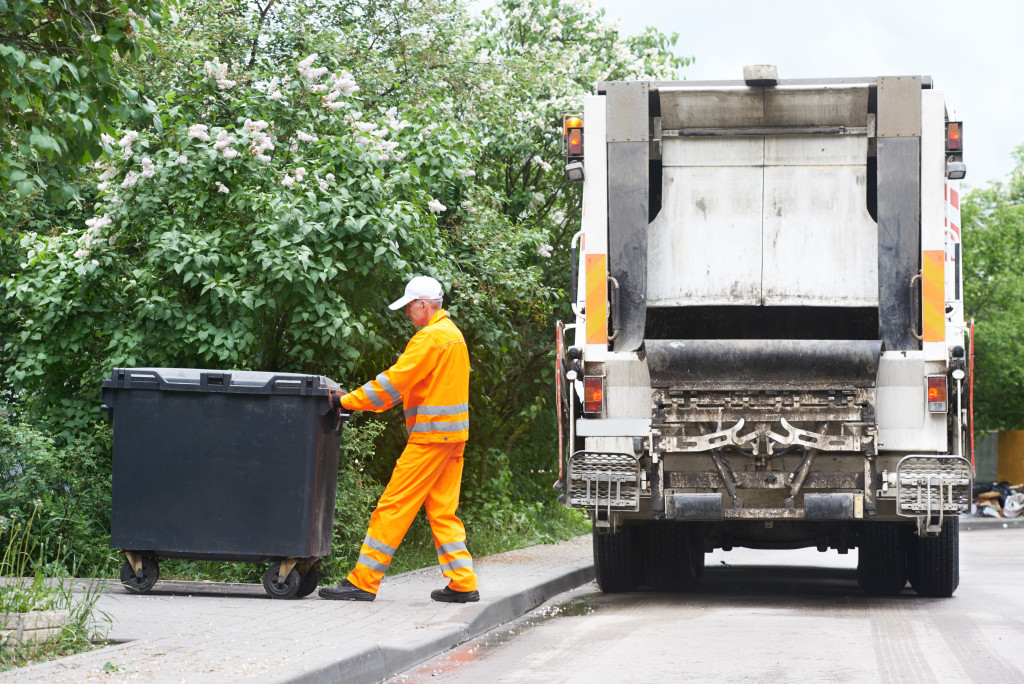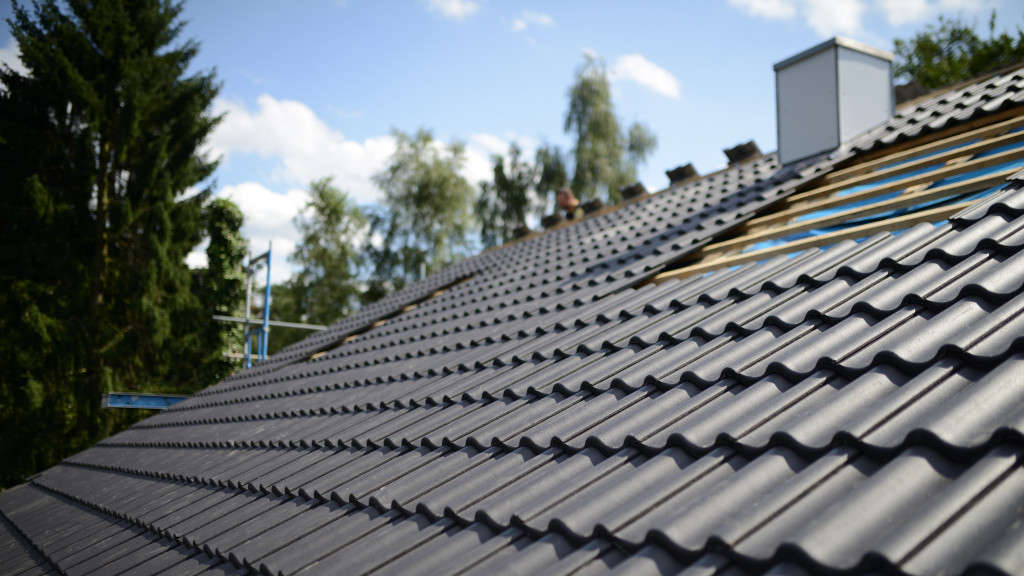- Assessing the extent of roof damage, choosing quality materials, and hiring an experienced contractor are primary steps in boosting home value with roof repairs.
- A thorough roof inspection, choosing durable materials, and considering the weather are crucial in planning and budgeting for roof repair or replacement projects.
- Opting for a reliable contractor with proven experience and a track record enhances the success and quality of the roofing project.
- Proper ventilation in the roofing design ensures the roof’s longevity, functionality, and energy efficiency.
Several factors come into play when considering roof repairs to boost your home’s value. Firstly, assess the extent of the damage and determine if a total replacement is necessary or if minor repairs will suffice. Next, choose high-quality materials that offer durability and enhance the aesthetic appeal of your home. Lastly, hire a reputable contractor with plenty of experience in roof repairs to ensure the job is done correctly and efficiently. Read on to learn more.
Budget Accordingly
Creating a budget for roof repairs is an integral part of the process. Start by getting multiple estimates from different contractors to understand the average cost of your repair or replacement. Ensure you account for the cost of labor, materials, and any unforeseen circumstances that may arise during the project. Here are some tips for you:
Inspect the Roof
Before initiating any repair or replacement work, a thorough inspection of your roof is crucial. This process includes identifying areas of damage, such as cracked, curled, or missing shingles, signs of water damage or leaks, and any structural issues like sagging. A professional roofer can help perform this inspection, as they are trained to spot even minor issues that an untrained eye may overlook.
This inspection will allow you to understand the scope of damage and potential repairs needed, providing a more accurate project cost estimate. Remember that early detection of issues can save you from costly repairs in the future, making regular roof inspections a wise maintenance strategy.
Choose the Right Material
Selecting the right material for your roof is paramount to its longevity, function, and overall aesthetic appeal. It’s critical to opt for robust, durable materials that complement your home’s design. Various materials, including asphalt shingles, metal, slate, and tile, offer unique benefits and aesthetic qualities.
Regardless of your material choice, one essential component is using high-quality roofing screws. These screws are designed specifically for roofing applications, offering superior holding power and resistance to weathering. They are integral to ensuring the roof’s structural integrity and durability.
Thus, when choosing roofing materials, consider all aspects, including the type of roof, the climate of your area, and the quality of fixtures like roofing screws, to make an informed decision that will stand the test of time.
Consider the Weather
The weather plays a significant role in planning and executing roof repairs or replacements. It’s crucial to schedule the project during a time of the year when severe weather conditions are least likely to occur.
Heavy rains, high winds, or extreme temperatures can delay the project, pose safety risks to the workers, and potentially damage the materials. In addition, weather conditions can impact the efficiency and durability of the installation. For instance, asphalt shingles require warm temperatures for proper sealing.
Similarly, certain roofing materials may crack or become brittle in colder climates. Therefore, ideal weather conditions are essential for a successful roofing project. Always consult with your roofing contractor for the best time to start the project, considering the local weather patterns and the specifics of the chosen roofing materials.
Find a Reliable Contractor

Finding a reliable contractor forms the foundation of a successful roofing project. It’s imperative to choose a contractor with a proven track record, demonstrating expertise and experience in the field. Review their portfolio of past projects, read testimonials, and check their references to assess the quality of their work.
A reputable contractor will be licensed and insured, protecting the project’s homeowner and workers. They should offer a detailed written estimate outlining the project’s scope, the cost of labor and materials, and a proposed timeline.
Consider their communication skills and willingness to answer questions and address concerns; a good contractor values transparency and keeps clients informed throughout the project. By selecting a trusted contractor, you can ensure that your roof repairs or replacement will be done right, increasing your home’s value and aesthetic appeal.
Check for Proper Ventilation
Proper ventilation is an essential aspect of any roofing project, often overlooked but pivotal for your roof’s overall functionality and longevity. Proper ventilation ensures air circulation in the attic, preventing the build-up of heat and moisture, which can lead to many issues like mold growth, wood rot, and impaired insulation effectiveness.
It also helps regulate the house’s temperature during hot seasons, and in colder climates, it prevents the accumulation of ice dams. Therefore, working with your contractor to design and implement a ventilation system that suits your specific roofing structure and regional climate is crucial.
This could include ridge vents, soffit vents, or gable vents. Remember, a well-ventilated roof not only prolongs the life span of your roof but also contributes to energy efficiency and comfort in your home.
Plan for Waste Disposal

Planning for waste disposal is a critical but sometimes overlooked aspect of a roofing project. As you undertake repairs or replacements, a significant amount of waste will be generated – in the form of old shingles, nails, and other debris. Disposing this waste responsibly helps keep your property clean and prevents potential hazards.
It’s advisable to rent a dumpster from a local waste management company. They typically offer different sizes based on the scale of your project. Remember to check local regulations on waste disposal, as certain materials may have specific disposal requirements.
Furthermore, some roofing contractors include waste disposal in their service packages. Discuss this aspect with your contractor before the project begins so you can factor it into your budget and avoid unexpected costs.
Remember, your roof is more than just a barrier against the elements; it’s a significant component of your home’s overall appeal and value. So, don’t delay – take action today. Start the conversation with a trusted roofing contractor and embark on the journey to increase the value and beauty of your home.

